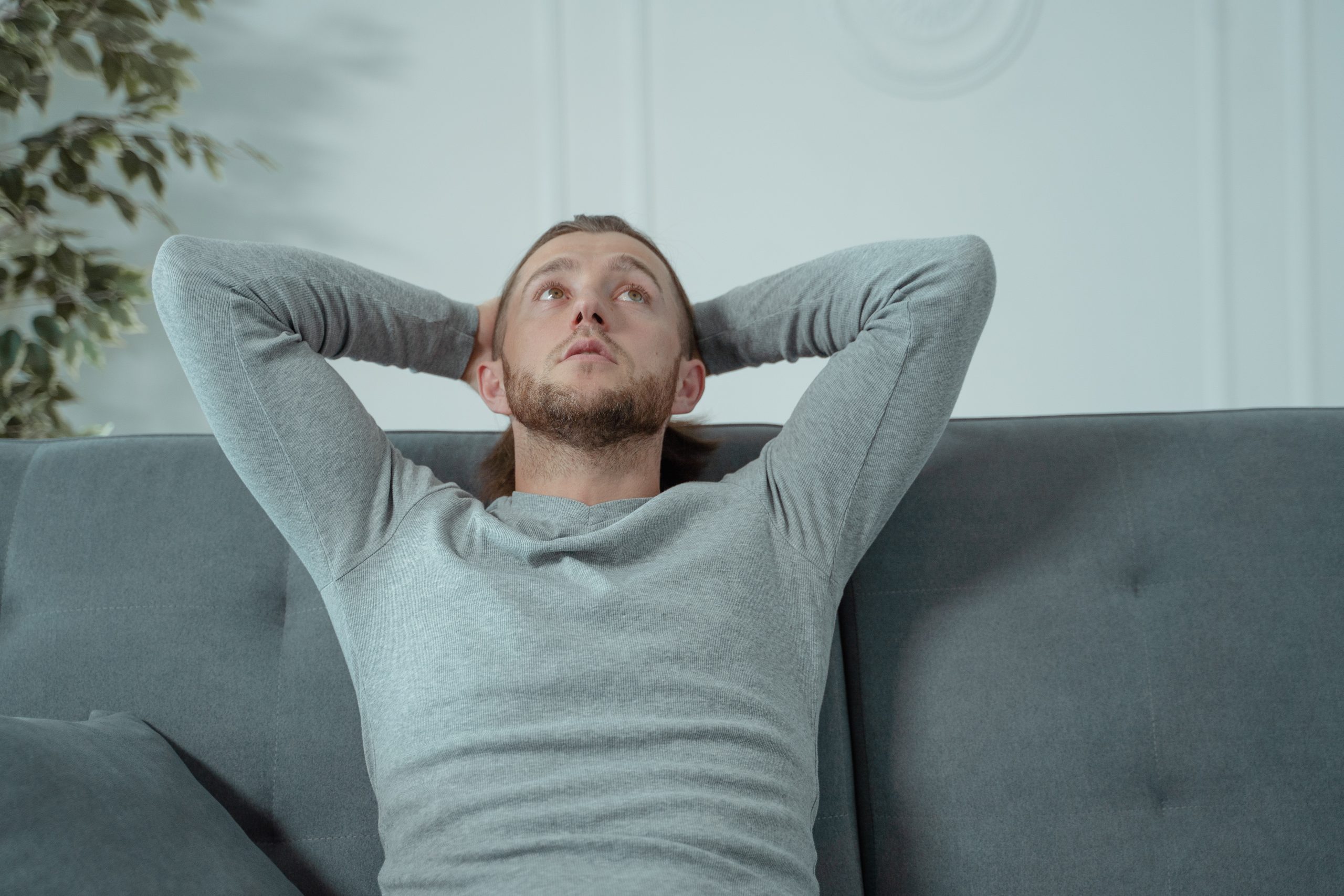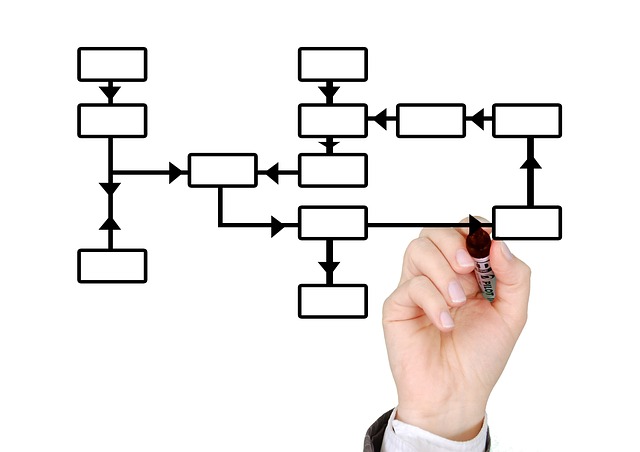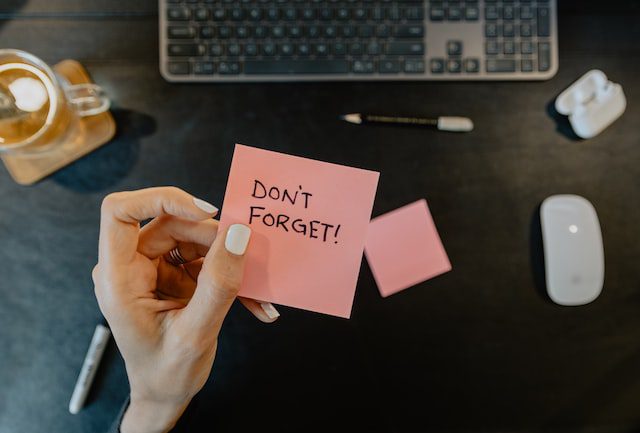Highlights From Your Consultation
What I Observe About Myself
-
- I drink too much, usually at night
- I sleep poorly, while my body & liver detoxify alcohol
- I wake up the next day feeling hungover
- I decide not to drink that day and at the time, I’m fully committed
- As the day wears on, my anxiety goes up and I start feeling irritable
- I have unwanted thoughts about alcohol and my anticipation builds
- Eventually, I give up and decide it’s okay to have a little bit
- I drink and feel immediate relief, briefly
- I continue drinking to chase the fleeting relief
- Then, I drink too much, again!

The Underlying Problem
When someone consumes alcohol regularly, over time, the reward response becomes lazy. Eventually, the individual needs alcohol to produce enough dopamine to feel OK. When they don’t drink, the levels of dopamine drop, triggering an autonomic cueing to replenish. This cueing creates anxiety and thoughts about alcohol in hopes of feeling better.
Changes Over Time
Eventually, it takes more alcohol just to feel OK. That’s known as tolerance. Also, even enjoyable things aren’t that much fun any more. That’s the down-regulated reward response. It’s also called reward deficiency syndrome (RDS)

The Good News
- This is not a will power problem
- It’s not a character defect
- It’s not a disease in the typical sense
- No one intends for it to happen
AND, it’s absolutely TREATABLE!
The Solution
That’s the solution!
Alcohol Treatments: A Comparison
Attribute | Detox | Rehab | Talk Programs | MAT | GO SOBER |
Description | Brief stay facility to get through withdrawals | Multi-week, residential facility to stop drinking | 1 on 1 or group discussion about quitting drinking | Medications to help people not drink. Usually in combination with some behavioral health | Evidence based, using meds and behavior science to treat cause and improve quality of life |
Length of Program | 1 to 5 days | 1 week to 90 days. Typically 28 days | Usually ongoing (forever) | Short or long term depending upon medication. Often a monthly Rx | 4 hrs/wk for about 75 days |
Scope | Supervision, hydration, medications and nutrients to manage withdrawal symptoms | Supervision, group discussion, counseling, coaching, education, physical activities, role playing and 12-step meetings. | Exchange of words, ideas, strategies and concepts to discourage drinking and make lifestyle changes | Drugs that punish (Antibuse) or reduce pleasure (Naltrexone), or have limited studies (Baclofen) or, simply treat alcohol symptoms (anxiety, sleep, depression and high BP.) | FDA meds & supplements that restore dopamine response plus 1 on 1 counseling & coaching to manage stress and improve life without alcohol |
Confidentiality | Private | Public - Groups | Public Groups (ex. Counseling) | Private | Private, Discreet |
Specific to Inividual | Private | Mostly group activity | Group activity except counseling | Standard protocol - one size fits all | All individualized counseling, life coaching, nutrition, stress management and personal 3-year plan |
Dishcharge Recommendations | Attend treatment & AA meetings | Sober living, AA meetings & ongoing relapse prevention | Empasizes one is always in Recovery. Focus on psychological reasons for drinking, rather than treating the problem. Emphasizes relapse prevention plan. | Take meds as prescribed. Attend AA meetings; focus on always in Recovery. Emphasis on Relapse Prevention | Develop strategies to manage stress. Develop nutritional and physical routines. Develop a 3-year plan for healthy lifestyle. |
Limitations | Does not treat the problem | Expensive, time-consuming, invasive and does not treat the problem | Does not treat the problem | Medications that do not treat the problem | Medications that DO treat the problem |
Cost | $$ | $$$ | $ | $ | $$ |
Efficacy | N/A - not treatment | Poor (16%-40%) | Poor (4%-8%) | Poor compliance | Excellent (Avg. 83%) |
Medications Are Not All Equal
Many alcohol programs offer medication-assisted treatment (MAT) as an adjunct or even a mainstay of their curriculum. However, we feel an essential distinction requires clarification regarding the medications themselves. Namely, do the medications “treat” the underlying condition (down-regulated dopamine response) causing repeat, unwanted drinking? No. Typically MAT medications either treat the symptoms of alcohol use (depression and anxiety) and withdrawal or attempt to reduce the number of “heavy drinking days.” This strategy of using medications to treat symptoms or reduce the number of drinking days is flawed.
At Go Sober, we don’t try to do either. Instead, we’ve designed our treatment protocol to treat the underlying condition causing the unwanted drinking in the first place. Go Sober prescribes medications to restore the dopamine response that alcohol has down-regulated over time. The difference is fundamental – suddenly, our clients stop thinking about alcohol throughout the day. Their anxiety decreases, and they become available to get on with their lives.

Go Sober Program Steps
Here are the major process steps in the Go Sober protocol:
- First, complete the online intake process forms so we can start to getting to know you and make your payment online.
- Meet with your Intake Specialist (remote)to review logistics and clarify any remaining questions.
- Have your blood drawn at your nearest Quest Lab so the doctor can determine how best to help you safely.
- Meet with Go Sober’s Medical Doctor for your physical exam (telemedicine)
- Begin taking your detoxification medications
- Receive treatment infusions administered by our Registered Nurse in the comfort and privacy of your home.
- Begin taking your oral medications and supplements provided by Go Sober
- Meet weekly, one-on-one (remotely) with your Life Coach, your Counselor, and your Health & Wellness Coach
- Attend periodic Check-Ins with your Care Coordinator (remotely).
- Attend your final transition session to review your goals and 3-year plan (in-person or remotely)
While it seems like a lot, it goes by quickly. Most people find the process enjoyable because they feel so much better, and they have hope again for the first time in a long time!

Time Commitment
For your planning purposes, Go Sober usually takes about ten weeks to complete from start to finish. Each week you’ll have three to four hours of remote sessions. In addition, there is generally one to two hours of outside-of-the-session work to accomplish each week.
The remarkable thing is that our clients generally stop thinking about alcohol by the second or third day of medications. The medications are prescribed and dispensed right after the physical exam at the beginning of the process
Medications + 3-4 hours per week in one-on-one counseling and coaching sessions + a couple of hours of homework each week = Freedom from alcohol
Pricing
The price for the Go Sober treatment program is $13,500. It includes everything we believe you need to Reset Your Life and Go Sober permanently*.
*Laboratory fees, physical exam, detox medications, oral & infusion treatment medications, supplements, remote monitoring system, and one-on-one sessions with Go Sober’s licensed and certified professional staff.
Payment Options
Payment can be made in one of several ways including self-pay, sponsorship or short-term loans. Full payment is due at time of intake.
Self Pay
We accept ACH payments or credit cards. Clients may also use non-taxable income from their frequently overlooked Health Saving (HSA) Account. Go Sober meets HSA qualifications for “medical procedure.”
Sponsorship
Often, clients find that someone is willing to sponsor the cost of their treatment. Yet, frequently, individuals are reluctant to ask for help because of the shame and guilt they feel over their past behavior or the unrealistic expectation that they can stop drinking on their own. We encourage clients to take advantage of the sponsorship option when possible. Friends, family members, and even sometimes employers recognize the cost of treatment as a small price to pay for long-term health and wellness benefits derived from those individuals who are important to them or their organizations.
Short-Term Loans
Alcohol treatment represents an investment in the individual’s future, as with other significant investments, many clients choose to take out a loan or borrow money from a friend or family member. Short-term loans can be a very helpful and beneficial way to pay for treatment. Not only do they have the obvious benefit on cash flow via manageable monthly payments they also provide accountability via ownership or having “skin in the game.” Because Go Sober qualifies as a medical procedure, some lenders will make unsecured health care loans to cover the cost of treatment, and brokers can often save the client time searching for lenders*. One brokerage firm that has helped many of our clients’ secure financing is listed here: Optimum eFinancing
Additionally, clients should consider talking with their bank or credit union for an unsecured loan if they have good credit ratings.
Go Sober does not have reciprocal, financial agreements with any financial institutions.
Insurance
Go Sober cannot receive sufficient insurance payments to cover costs associated with providing all services determined necessary for effective alcohol treatment. Therefore, rather than compromise on quality and long-term outcomes, Go Sober doesn’t accept client insurance as payment.
In some cases, insurance coverage may be available for some of the services Go Sober provides. However, that varies on a case-by-case basis and depends on the insurance carrier, type of policy and client’s ability to negotiate with the insurance company.
We will assist our clients by providing statements of services for those clients who request them. We do not, however, interface directly with client’s insurance companies.
Helpful Reminders
- You can’t make someone who is not ready stop drinking
- Alcohol Use Disorder (AUD) is a condition that develops slowly over time by consuming alcohol regularly
- It helps to think of Alcoholism as a Reward Deficiency Syndrome (RDS). RDS causes anxiety and diminishes enjoyment in individuals when they try not to drink
- Alcohol dependency is not a willpower problem, character defect, or disease. Nobody intends to develop this condition!
- Just because a person has a genetic predisposition towards alcoholism, does not guarantee they will develop it
- AUD affects men & women almost equally, but the effects are typically harder on women
- Generally, men drink for pleasure, or the high, while women drink to avoid or manage stress and emotional pain. Both men and women will drink to alleviate social anxiety.

Will Go Sober Work For Me
Absolutely! We’re confident that the medications prescribed by Go Sober will stop the persistent thinking about drinking. That alone is different from any other “treatment” program you’ve tried. Getting through today, tomorrow, and the next several days without thinking about drinking is a tremendous relief! Ending this vicious cycle creates a real opportunity for permanent change.
We’re also confident that the behavior health & wellness education provided throughout the program favors your ability to produce rewards when good, pleasant, or pleasurable things happen to you. That’s what’s been missing. You become like you used to be before alcohol interfered. You’ll be able to enjoy things again and be present and in the moment.
The only thing that’s unknown to us and is entirely up to you is your readiness. For example, suppose you’re motivated to be done with alcohol, elect our medical treatment, and participate in the program’s recommended behavioral health aspects. We’re confident this program will work for you, and you’ll wonder why you didn’t Go Sober sooner!

If you call us today…
So, if all of this makes sense to you and you want to start the process, click here
